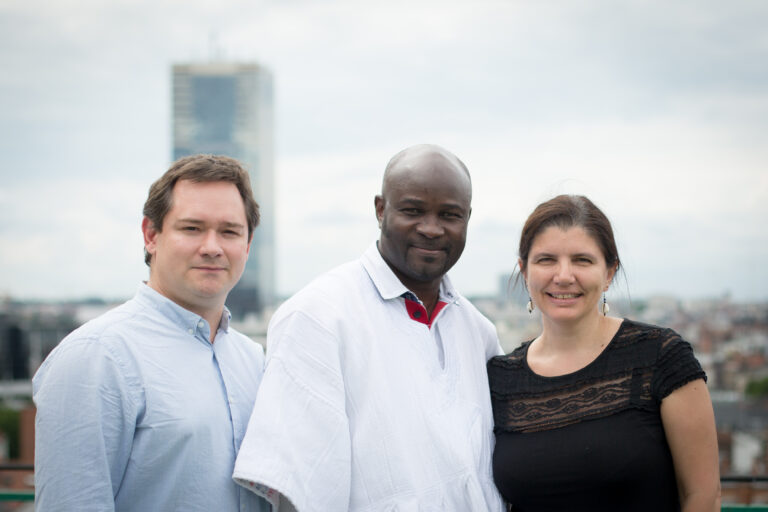Burkina Faso: A pioneer for the care of FGM
It was during a course in Tours, France, that Dr Ouédraogo, then a new doctor in gyneacology, met Dr Madzou, who had been trained by Dr Foldès in clitoral reconstruction. Charlemagne decided to receive training as well, together with ten other gynecologists.
Burkina Faso, where FGM is legally prohibited since 1996, became one of the first countries in West Africa to benefit from clitoral reconstruction. “I don’t know of any other centres specialised in the care of FGM in the region. There are a few doctors who have been trained in the Ivory Coast, Togo and Senegal, but cases are limited.”
Today, the Medical centre where Charlemagne works is part of the Burkinabe national committee against FGM. The two are complementary since the Committee works mainly on prevention, while the medical centre offers services to women who have already undergone FGM.
“It wasn’t always easy to get people to accept clitoral reconstruction. They would be a bit sceptical and say ‘but how can you reconstruct that, when it’s been cut?’“
So why do women come for a clitoral reconstruction? A study carried out among the centre’s patients, between February 2014 and February 2015 (68 patients), showed that most came for two reasons : Sexuality (62%) and Identity(38%). The vast majority have undergone a Type II FGM and were aged between 20 and 48 at the time of the consultation. They were both Muslims and Christians.
For the women, clitoral reconstruction is a personal decision. “Generally, the very close networks are aware of it – the partner, close friends etc… and other people do not know about it. It concerns her intimacy, it’s a personal process. Sometimes, the partner will give information to his wife and encourage her to consult after having come across information on social networks, for example.”

